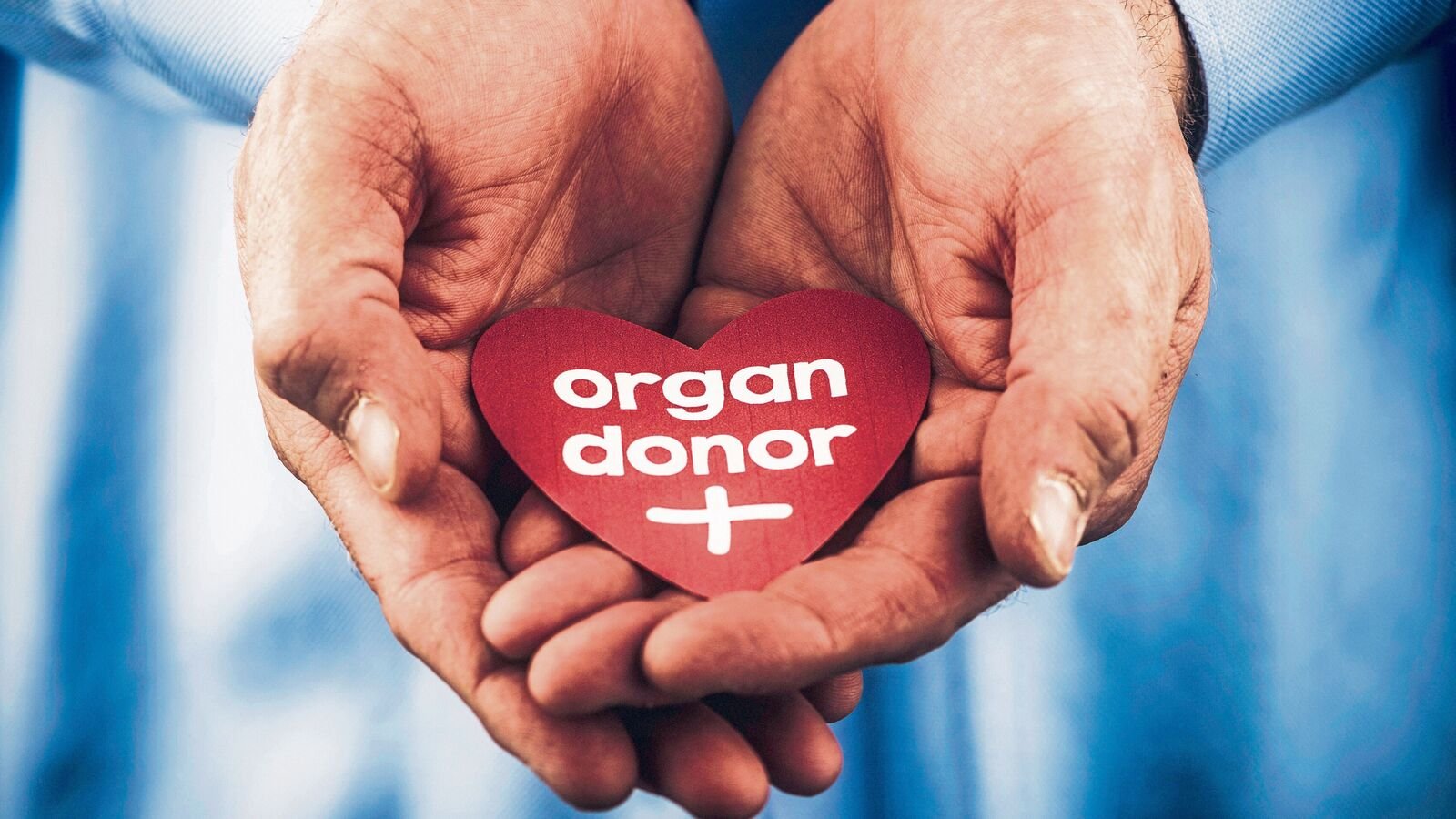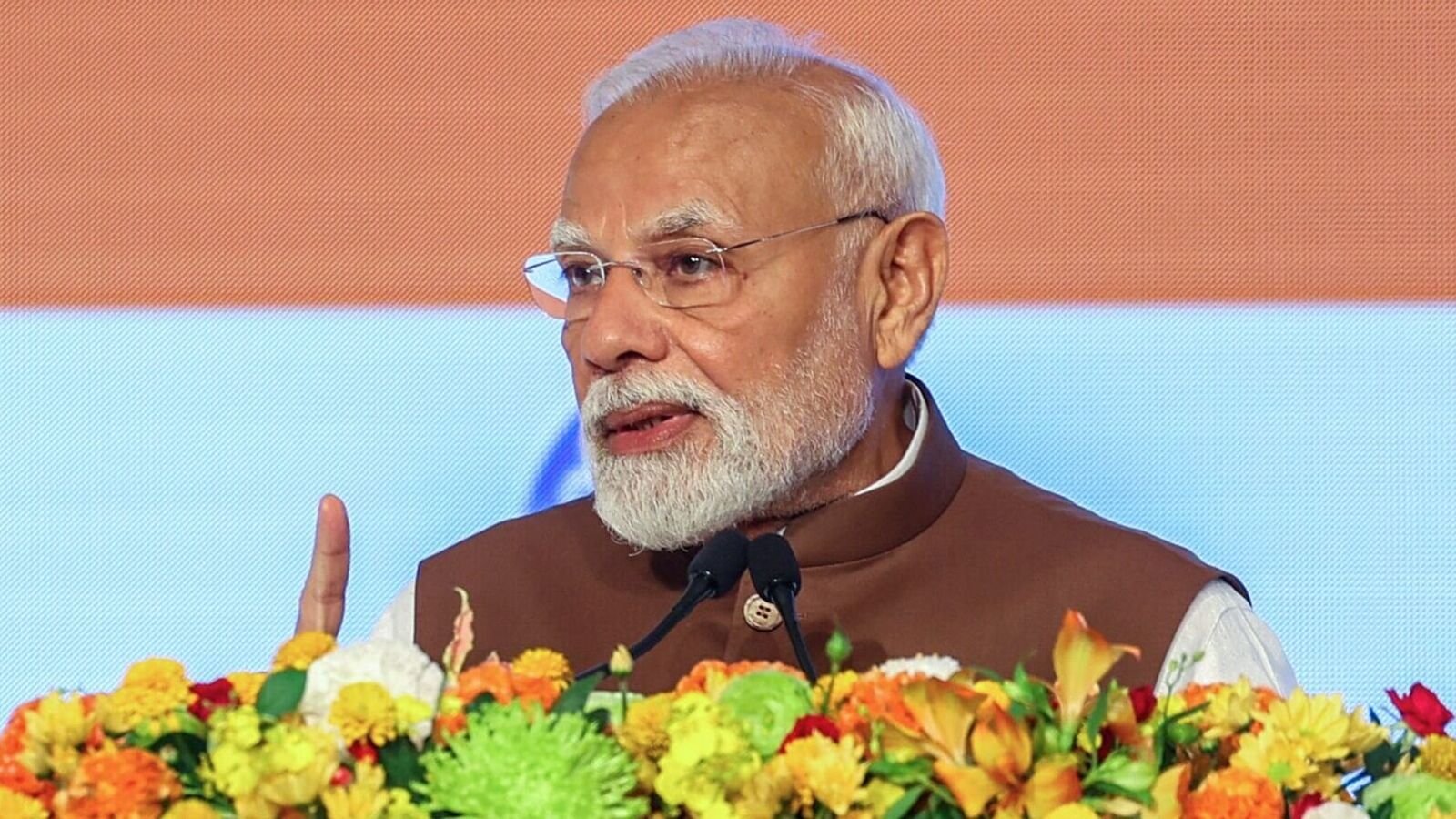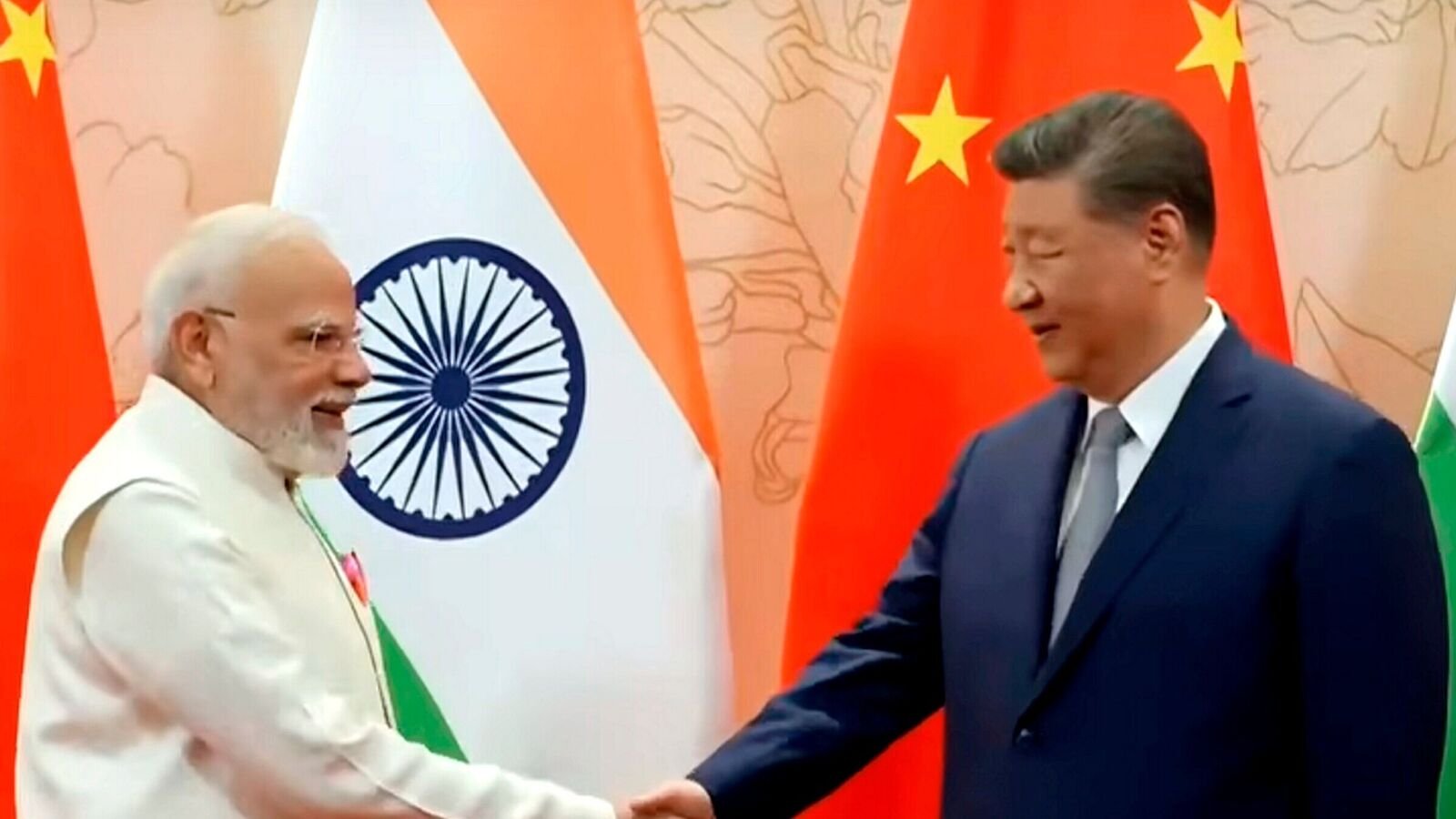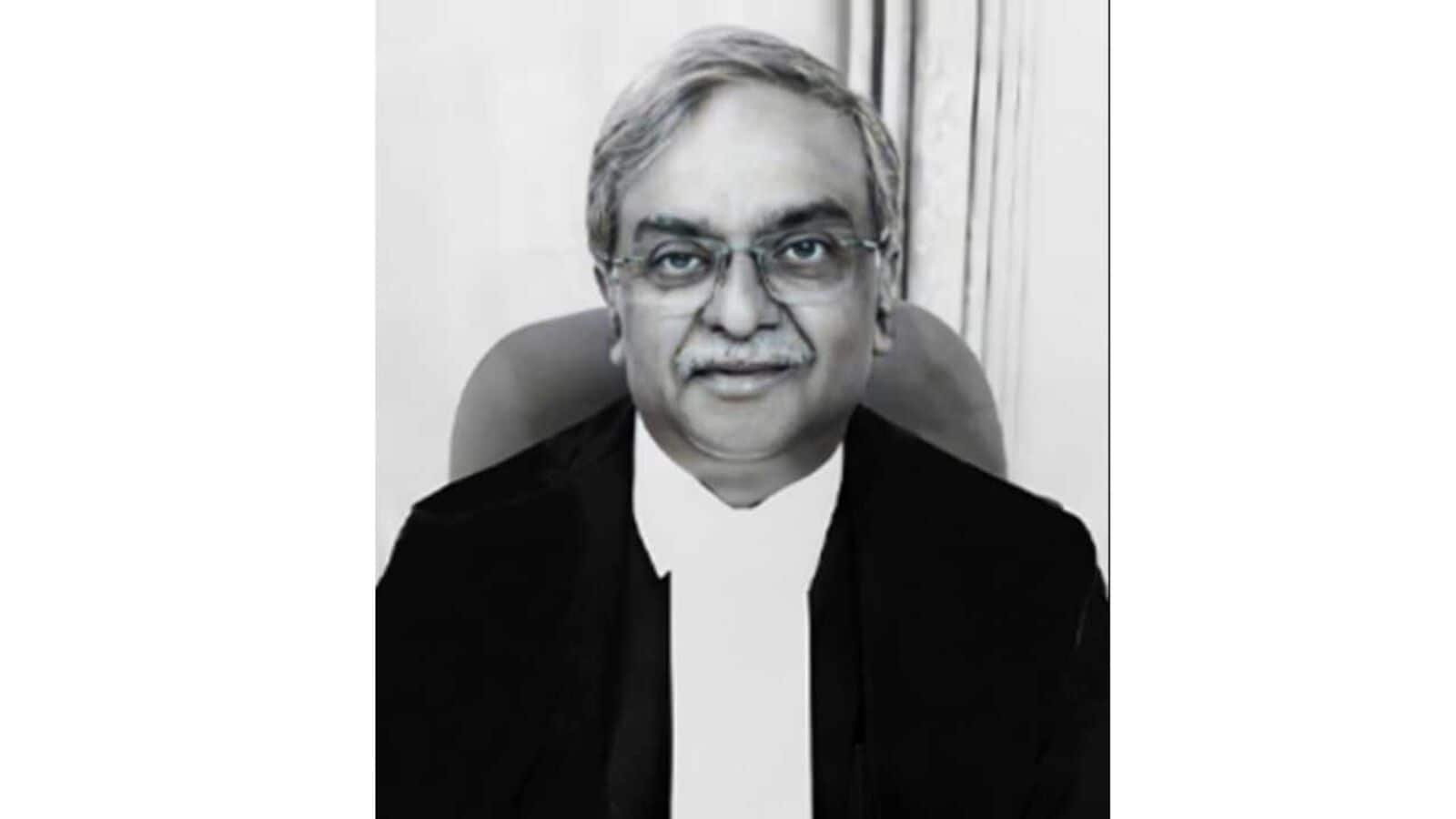Female patients, relatives of deceased donors to get priority in organ transplants

The two provisions are part of a 10-point advisory issued by the National Organ & Tissue Transplant Organization (NOTTO) to augment organ donation and transplantation in the country. NOTTO was set up under the Directorate General of Health Services of the health ministry.
The objective is to “make provision to give additional points in the allocation criteria for female patients in the waiting list for deceased donor organ transplants, so as to address gender disparity” and to “make provision that if a near-relative of a previous deceased donor needs organ transplant, then he may be given priority,” Dr Anil Kumar, director of NOTTO, said in a letter dated 2 August to the states and Union Territories.
The provision to give additional points to female patients is a direct response to the gender disparity in organ allocations. Additionally, the benefit for near-relatives of deceased donors is to honour the selfless act of donation.
Dr H. Jauhari, chairperson of renal transplants at Sir Ganga Ram Hospital in New Delhi, supported the idea of giving women priority in cadaver donations. He noted that women have predominantly been donors in live-organ transplants, often as mothers, sisters, wives or daughters. Dr. Jauhari emphasized that this created a disparity – fewer male donors and a greater number of male recipients.
However, Dr Jauhari raised concerns over implementation. He pointed out the complexity of prioritizing a middle-aged woman over a young patient, child, or the primary earner of a family, noting that such decisions would be “difficult.”
He stressed that organ allocation currently often follows a first-come-first-served approach, and any new rules would require “responsible decisions.”
Core issue
India, the most populated country, recorded only 18,911 transplants in 2024, according NOTTO’s annual report. The majority of these were from living donors (15,505), with a smaller number from deceased donors (1,128).
Dr. Jauhari said the core issue remains the low rate of cadaver donations in India. He said increasing awareness is the most critical factor and that boosting cadaver donations requires a “concerted effort by society.”
Dr Kumar highlighted the need to transform the organ donation and transplantation landscape in India. The letter called for greater transparency, equity and dignity to the process and introduced crucial other measures to address longstanding challenges.
According to the advisory, all transplant hospitals and centres will have to mandatorily submit data of each donor and recipient of organs or tissues to a national registry maintained by NOTTO. Non-compliance of this provision would likely lead to legal action against such hospitals.
State governments have been told to create permanent posts for transplant coordinators in hospitals that perform organ transplantation or retrieval. They have been advised to develop facilities for organ and tissue retrieval in all trauma centres and register them as organ retrieval centres. Medical colleges have been encouraged to develop similar facilities in a phased manner.
The advisory calls for training emergency responders and ambulance staff to identify potential deceased donors early, particularly among victims of road traffic accidents and stroke patients.
Dr Jauhari suggested that while the new rules are well-intentioned, their success would ultimately hinge on a significant increase in the overall number of available organs.
Discover more from News Hub
Subscribe to get the latest posts sent to your email.






